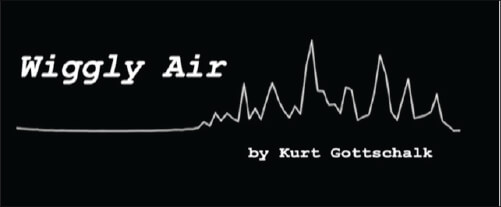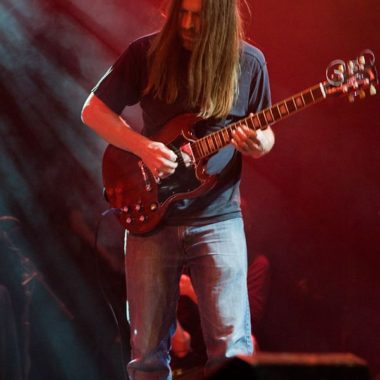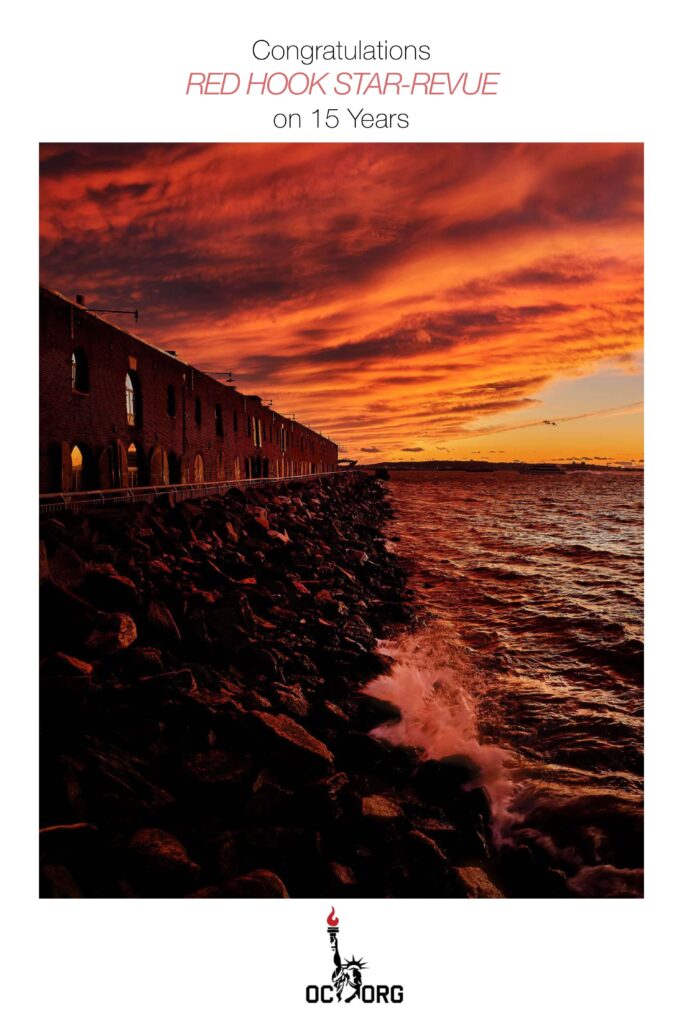 Almighty Aaron. Back in the early naughts, the mighty Isis was a vital force in defining what has since become known as post-metal with their long, slowly developing, often largely instrumental compositions. It’s been a dozen years since they parted ways, and guitarist Aaron Turner has followed the path the band forged in differing directions, most notably with the band SUMAC. Turner has had quite a confluence in recent months, releasing a new solo album in June, a duo with percussion experimenter Jon Mueller in September and a new album with SUMAC and Japanese overdrive overlord Keiji Haino out this month. To Speak (Trost Records) toys with the pace and slow build of Isis, but does so with static, feedback and hum slowly rising into actual notes and, occasionally, a chord or two. There are some rockist elements, even shades of Hendrix, but much of the album tends toward dark ambience and sounds of unknown origin.
Almighty Aaron. Back in the early naughts, the mighty Isis was a vital force in defining what has since become known as post-metal with their long, slowly developing, often largely instrumental compositions. It’s been a dozen years since they parted ways, and guitarist Aaron Turner has followed the path the band forged in differing directions, most notably with the band SUMAC. Turner has had quite a confluence in recent months, releasing a new solo album in June, a duo with percussion experimenter Jon Mueller in September and a new album with SUMAC and Japanese overdrive overlord Keiji Haino out this month. To Speak (Trost Records) toys with the pace and slow build of Isis, but does so with static, feedback and hum slowly rising into actual notes and, occasionally, a chord or two. There are some rockist elements, even shades of Hendrix, but much of the album tends toward dark ambience and sounds of unknown origin.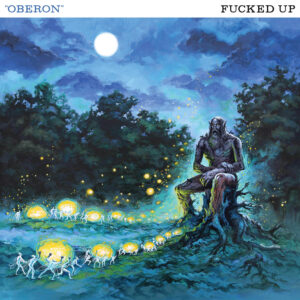 For that sort of solo abstract improvisation, the seven tracks (roughly 5-10 minutes each) are wonderfully varied and, no matter how detached from form, still sound loud. His and Mueller’s Now That You’ve Found It (out last month on American Dreams) is noisier and more of a surprise, reminding me at times of the John Coltrane / Rashied Ali album Interstellar Space, or, more particularly, the Nels Cline and Gregg Bendian guitar/drum “revisiting” of that free jazz landmark. But Turner and Mueller are more environmental in their approach, creating vast landscapes with sonic disturbances and flashes of lightning in the distance. The most exciting of the three is the SUMAC/Haino collaboration Into This Juvenile Apocalypse Our Golden Blood to Pour Let Us Never, out this month on Thrill Jockey. In many ways, it follows the form of Haino’s deep and heavy band Fushitsusha, not least in drummer Nick Yacyshyn’s convulsive pounding. Recorded live in Vancouver in 2019, it’s their third meeting on record and it tears along quite satisfactorily. It’s the closest of the three to following anything like song format, but the long group improvisations hardly fall into verse-chorus-verse. Haino turned 70 this year and it’s a pleasure to hear him as ferocious as ever, and with a band ready to meet him in the black echelons.
For that sort of solo abstract improvisation, the seven tracks (roughly 5-10 minutes each) are wonderfully varied and, no matter how detached from form, still sound loud. His and Mueller’s Now That You’ve Found It (out last month on American Dreams) is noisier and more of a surprise, reminding me at times of the John Coltrane / Rashied Ali album Interstellar Space, or, more particularly, the Nels Cline and Gregg Bendian guitar/drum “revisiting” of that free jazz landmark. But Turner and Mueller are more environmental in their approach, creating vast landscapes with sonic disturbances and flashes of lightning in the distance. The most exciting of the three is the SUMAC/Haino collaboration Into This Juvenile Apocalypse Our Golden Blood to Pour Let Us Never, out this month on Thrill Jockey. In many ways, it follows the form of Haino’s deep and heavy band Fushitsusha, not least in drummer Nick Yacyshyn’s convulsive pounding. Recorded live in Vancouver in 2019, it’s their third meeting on record and it tears along quite satisfactorily. It’s the closest of the three to following anything like song format, but the long group improvisations hardly fall into verse-chorus-verse. Haino turned 70 this year and it’s a pleasure to hear him as ferocious as ever, and with a band ready to meet him in the black echelons.
Take me down to the hospital. Hailing from up in Woodstock, NY, the Bobby Lees tear through 14 songs in just over half an hour, but even on the ones (five of ‘em!) that clock in at under two minutes, the songs on their new Bellevue (Ipecac Recordings) feel more like fleshed out heavy rock tunes than cheeky punk blasts. They name check an author not known for breakneck pace in “Strange Days” (one of four songs already out on a digital EP over the summer): “It’s a Murakami dream / We’ll light a trash can fire, burn your memory / It’s a Murakami dream / Take every telephone and smash in every TV screen” and drop a bigger check on “Greta Van Fake,” calling out ah, ahem, unnamed, pose-striking outfit. They spike the Waterboys’ “Be My Enemy,” trading the Dylan for real poison. And “Ma Likes to Drink” rips with “Ballroom Blitz”-worthy banter. Sam Quartin, the band’s primary singer and songwriter, melds punk and hard rock perfectly, writing songs that are old school without being retro. These 30 minutes could change your life.
Oberon and on and on. My general rule of thumb with Fucked Up is, the longer the song, the better it gets. By that measure, the Toronto band’s new EP should just be OK. The opening title track, Oberon, (named for the king of the fairies in A MIdsummer Night’s Dream) manages a remarkable epicness in its eight minutes, only a bit long by the usual FU measure (or about 8% of the glorious Year of the Horse, released last year. But even with the Shakespeare reference in the title track, it’s their take on Camille Saint-Saëns that takes the cake. They remind me sometimes of Hüsker Dü in the way they bring melody and structure into hardcore punk, but have been doing it now for twice as long. I’m already looking forward to keeping their Year of the Hare for all of 2023, but this makes for a nice gapstop.
Montage Daydream. Your intrepid reporter ponied up the Imax price tag to engage in the spectacle of Brett Morgen’s David Bowie spectacle Moonage Daydream (the little headline here lifted from my friend Zack). The documentary, er, “cinematic experience”—although maybe “indulgence” would be more to the point—is an explosion of sound and vision which should be experienced on a big screen, if only because I’m not sure it would hold up well in home viewing. It’s slight on biographical detail, unsurprisingly heavy on the 70s, and full of delights. Clips both familiar and never seen before are intermingled with thematically linked movie scenes in roughly chronological collage and incessant barrage. What it isn’t big on is citing sources. Is that Bowie’s bottle-strewn bedroom with multiple television sets? If you haven’t seen the 1976 film The Man Who Fell to Earth, in which Bowie starred, you’re not going to know, and director Nicolas Roeg only gets cursory credit at the end. That kind of high-speed sloppiness keeps Daydream from being a proper doc, which Morgen never said it was. At two and a quarter hours. It’s a bit long, but at the same time, there’s no reason for it to end. Rather than cinematic experience, the work should be an installation, a nonstop, ever-changing, AI-generated audio/video installation of movie scenes, splashy animation, interview segments and remixed songs, strung out on Bowie’s high, hitting an all-time low.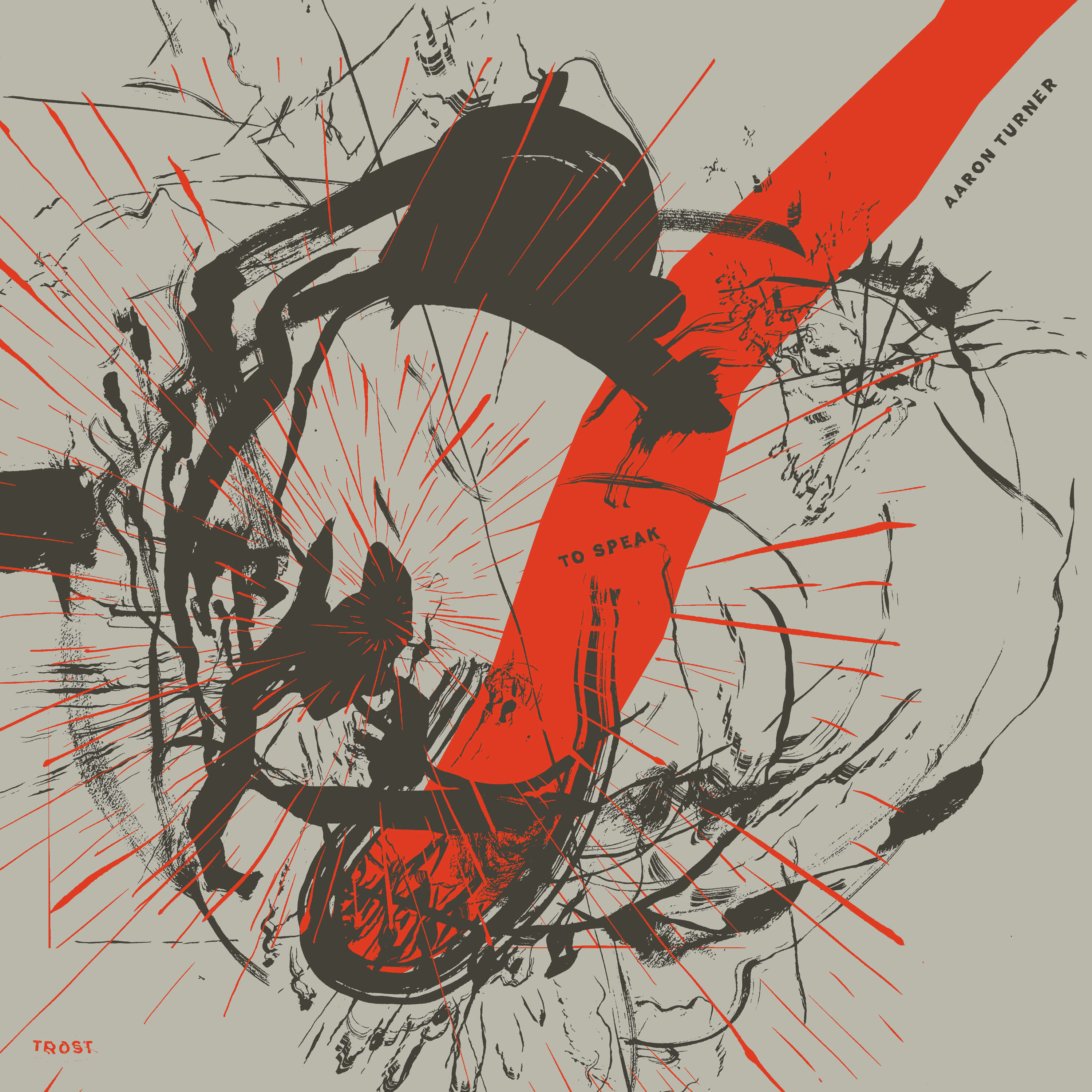
Author
Discover more from Red Hook Star-Revue
Subscribe to get the latest posts sent to your email.

